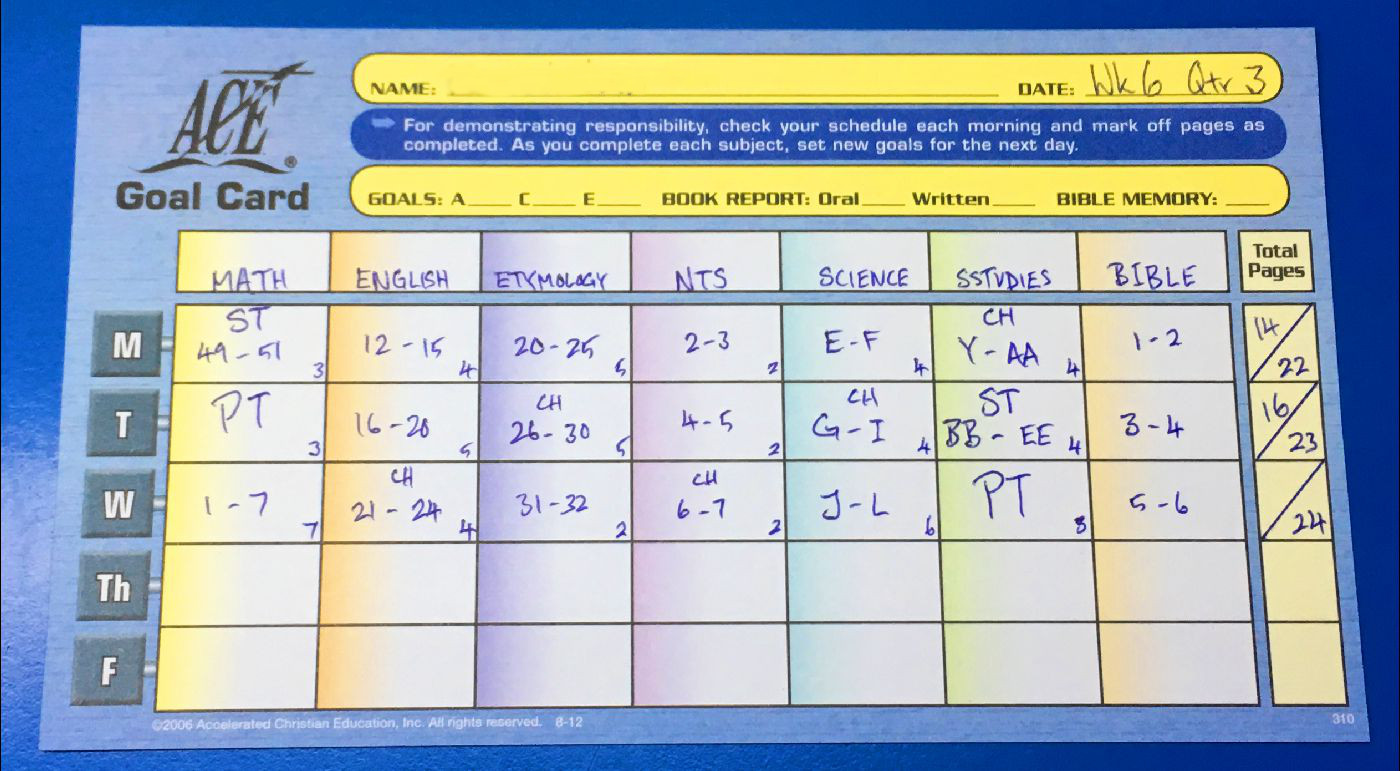The Individualized System
Student at Work; Student Office; Learning vs. Teaching


The educational methodology of individualization comes from many years of research but is especially based on the principles of the Personalized System of Instruction (Fred Keller, 1968, 1974, etc). PSI has been proved over the years to have excellent results. The School of Tomorrow system implements many of these principles. Research such as Pascarella & Terenzini (1991) concluded, after reviewing seven different studies, that “PSI is effective in fostering improved subject matter mastery over more conventional instructional approach.” They also reviewed two collected studies of PSI and learning. The second one (based on 61 studies) showed that the PSI groups were on average 19 percentile points higher than students in conventionally taught groups. [source: www.nwlink.com/~donclark/hrd/history/psi.html]
Individualization is different from individualism (An attitude of seeking one's own benefit above that of others. This is not a feature of ACE School of Tomorrow)! The individualized education system is designed to take account for individual differences in the students and to allow each one to learn according to their own ability level and previous learning. Whether students are high achievers or moderate-paced learners, the individualizing process begins at the exact level determined by students' abilities, as indicated by the diagnostic test.
Individualized learning. makes it possible for students to begin at their actual level of achievement and master the subject matter before proceeding. Such mastery is the foundation upon which all future learning is built.
Academic Excellence. Individualization produces academic excellence. Long term Grace Academy students have consistently scored well above average on the yearly achievement tests from the USA.
Character Building. Students grow in self-discipline, perseverance, and thoroughness as they take responsibility for their learning. This prepares them to welcome and accept challenges and future opportunities that come their way.
Traditional Values. Concepts considered foundational to meaningful interpersonal relationships and productive living are conveyed throughout the curriculum in such a way as to become life-shaping influences. Students are taught to see life from God's point of view and to grow in wisdom.
The 5 Laws of Learning
The 5 laws of learning give the basis for the individualized learning system. In this system, the child is first diagnosed to find their present levels of knowledge and ability in Math, English, Reading and Spelling. Then they may begin working on PACEs (specially designed workbooks which include all instructions and the text) at their real performance level. The supervisors (teachers) will use the 5 Laws to guide the student towards maximizing the learning experience. As the philosophy of teaching is oriented to the philosophy of learning, the objective of the A.C.E. program is to produce the best academic results by implementing the best techniques and procedures for the individual learner. After decades of development and evaluation, the academic philosophy of A.C.E. can be summed up in the following Five Laws of Learning illustrated by the donkey and the cart (see illustration above).
- How heavy is the load? It must be possible for the donkey to do the work. Therefore the first law of learning says that "The student must be on a level of curriculum where he is able to succeed"
- How long is the stick? If the carrot is too far out in front, the donkey will not even try to reach it, and if it is too close he will eat it all up! Therefore "The pupil must set reasonable and appropriate GOALS which he can be expected to achieve in a reasonable and prescribed period of time." At GGA we teach goal setting as a vital life skill.
- How effective are the controls? The driver has to control the donkey with the reins signifying the motivation and control. The corresponding Law of Learning is "The pupil must receive MOTIVATION through encouragement and support and achieve CONTROL through guidance and discipline in order to assimilate, use, and experience the educational material."
- How hungry is the donkey? If he has just had his lunch, the donkey will not be interested in another carrot, and this question reminds us that motivation is not simply about rewards, but that there is an intangible element that leads to inner motivation. It is important to be able to measure this, so "the pupil's learning must have appropriate MEASUREMENT applied to the results."
- How big is the carrot? The donkey will pull on the cart in order to reach the carrot. Thus "The pupil's learning must receive recognition and REWARD for its value, effort, and significance."